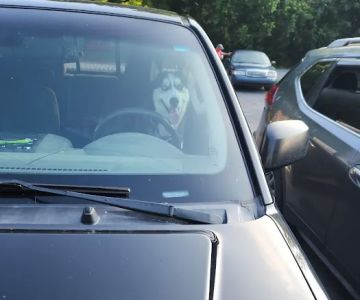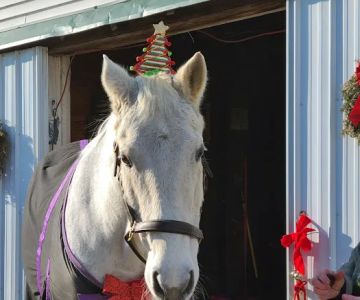How to Become a Veterinary Inspector: Your Ultimate Guide
- What Is Veterinary Inspection?
- Steps to Become a Veterinary Inspector
- Skills and Qualifications Needed
- Career Advancement and Opportunities
- Real-Life Examples of Veterinary Inspectors
- Final Thoughts
1. What Is Veterinary Inspection?
Veterinary inspection involves the evaluation of animals and animal products to ensure they meet health standards. Veterinary inspectors work in various settings, including farms, slaughterhouses, and laboratories, ensuring that animals are treated humanely and that products are safe for human consumption. Their role is crucial in preventing the spread of diseases, maintaining animal welfare, and ensuring public health safety.
2. Steps to Become a Veterinary Inspector
2.1. Obtain the Necessary Education
The first step to becoming a veterinary inspector is obtaining the appropriate education. Most veterinary inspectors have a background in veterinary science or a related field. A degree in veterinary medicine, animal science, or biology is typically required. Additionally, some employers may require specific certification or training programs related to veterinary inspection.
2.2. Gain Relevant Experience
In addition to formal education, hands-on experience is crucial. Many veterinary inspectors start in entry-level roles, such as veterinary technicians or animal care workers, before advancing to inspector roles. Internships and volunteer work with veterinary authorities or animal health organizations can also provide valuable experience.
2.3. Obtain Certification and Licensing
Once you've completed the necessary education and gained experience, you'll need to obtain certification and/or licensing to work as a veterinary inspector. This process varies by country or region, but it typically involves passing an exam and fulfilling other regulatory requirements. Certification helps demonstrate your expertise and ensures you meet industry standards.
3. Skills and Qualifications Needed
3.1. Knowledge of Veterinary Practices
As a veterinary inspector, you need a deep understanding of veterinary practices and animal health. You must be knowledgeable about animal diseases, treatment protocols, and industry regulations.
3.2. Attention to Detail
The role requires keen attention to detail to identify potential risks and issues that might affect animal health or food safety. A small oversight could lead to serious consequences, so inspectors must be thorough and diligent in their work.
3.3. Strong Communication Skills
Veterinary inspectors often work with a range of people, including farm workers, veterinary staff, and government officials. Good communication skills are necessary for explaining findings, reporting violations, and collaborating with others to ensure compliance with regulations.
4. Career Advancement and Opportunities
The career path for a veterinary inspector offers opportunities for advancement. With experience, you may take on leadership roles, such as managing teams of inspectors, overseeing regulatory compliance, or consulting for government agencies or private companies. Additionally, specialized fields such as food safety inspection or wildlife health offer unique career opportunities.
5. Real-Life Examples of Veterinary Inspectors
Take the case of Dr. Sarah Williams, a seasoned veterinary inspector who works with the USDA. Sarah began her career as a veterinary technician and worked her way up to becoming a full-fledged veterinary inspector. She now oversees animal health inspections at various meat processing plants. Her work ensures that meat products are safe for consumption and that animal welfare standards are upheld. Stories like Sarah's highlight the impact that veterinary inspectors have on public health and animal welfare.
6. Final Thoughts
Becoming a veterinary inspector is a rewarding career choice for those passionate about animal health and food safety. With the right education, experience, and certification, you can make a significant impact in ensuring the health of both animals and humans. If you're interested in pursuing this career, start by gaining relevant experience and seeking the appropriate qualifications. Remember, the road to becoming a veterinary inspector is not only about technical knowledge but also about being dedicated to protecting both animal and public health.
Are you ready to start your journey towards becoming a veterinary inspector? Explore training programs and certification courses today to take the first step towards your new career.











